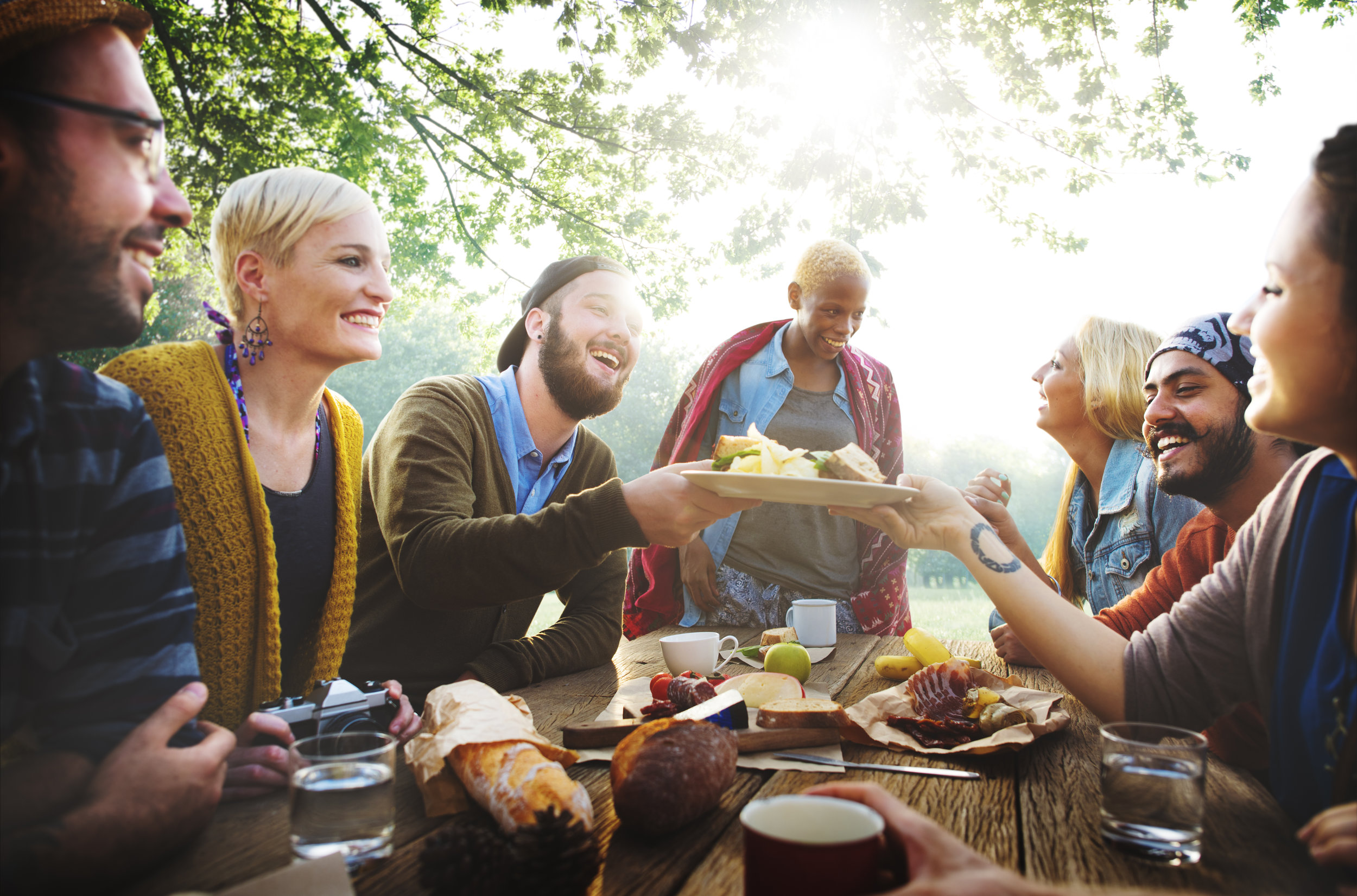What is Friendsgiving? It's a Big Deal for Emerging Generations
The Thanksgiving holiday is once again approaching, and I hope that you enjoy time with friends and loved ones over a lovely, delectable feast.
But will you also celebrate “Friendsgiving?”
Perhaps you’ve heard of Friendsgiving, and perhaps not. Maybe the concept began to take root in 2008 due to the economic recession. With fewer funds available for travel, groups of friends opted to plan a meal with one another rather than with their families. Some credit the Thanksgiving episodes of Friends that began in 1995, showing Chandler, Ross, Monica, Rachel, and Phoebe celebrating the holiday in their New York apartment. This article from The Washington Post says it began with an ad campaign. Whatever the cause, the notion of Friendsgiving has gained steam, and is now a holiday celebrated by Millennials and Gen Zers alike.
So, what is Friendsgiving? It’s Thanksgiving, but with your friends. It can take place on or around Thanksgiving. Everyone in the group usually brings something to share.
Chris Erskine at the L. A. Times writes, “A Friendsgiving is Thanksgiving with no baggage, no family tensions, no aging relatives you fear might expire right there on the couch. At Friendsgiving, no one sits in judgment over that awful spiced bourbon you love or the pajamas you wear to the table or the ribald nature of the conversation.”
Rebecca Jennings of Vox describes it simply: “Friendsgiving season is a time to just hang out with your usual crew and eat slightly more calories’ worth of autumnal food than normal.”
Of the articles I surveyed online, almost everyone mentioned Friendsgiving’s popularity among emerging generations. Why? Some obvious answers should jump at you. There are economic reasons, as Millennials in particular may have found it difficult to budget for travel during the economic downturn and found Friendsgiving to be a life-giving alternative. There are political reasons. This year I observed an uptick in articles counseling younger people on how to avoid (or tactfully engage) family members in conversation about American politics during the Thanksgiving meal. Another factor: Millennials have delayed family formation and a higher percentage of younger people have remained single. Bonds with friends may be stronger than with a family.
Our family hosted a Friendsgiving meal for our college students on the Sunday before Thanksgiving. Demographically, our home was filled with the youngest Millennials and the oldest Gen Zers (who are now college freshmen). We provided a few basic food items and drinks, but most of the food was provided by the students. We had seven dessert choices, and a delicious array of traditional sides, including mashed potatoes, sweet potatoes, green bean casserole, and rolls.
After the meal we played a game and hung out. Everyone had a wonderful time. We prayed together and offered thanks for one another and for the life we share together. Several of our students would travel home later that week to celebrate a Thanksgiving meal with family. But for some, our meal together as a family of faith was their only feast that week.
As you look ahead to next year’s Thanksgiving, consider a Friendsgiving meal. Recast the occasion as not only a time to eat fantastic food and watch football, but as a time of gratitude, for giving thanks to God, especially for friends.

